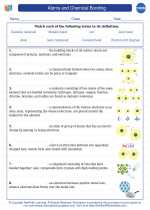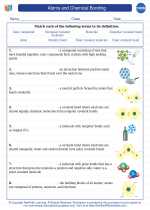Deciduous Forest
Overview
A deciduous forest is a biome characterized by trees that shed their leaves annually. These forests are found in temperate regions of the world, and are known for their rich biodiversity and seasonal changes.
Climate
Deciduous forests experience four distinct seasons - spring, summer, fall, and winter. The average annual temperature ranges from 50 to 70 degrees Fahrenheit. Precipitation in deciduous forests is generally spread throughout the year, with an average of 30 to 60 inches annually.
Flora and Fauna
The dominant tree species in deciduous forests include oak, maple, beech, and hickory. These forests also support a diverse range of shrubs, herbs, and mosses. Common animals found in deciduous forests include white-tailed deer, black bears, foxes, squirrels, and a variety of bird species.
Soil
Deciduous forests typically have fertile soil rich in organic matter, making them suitable for agriculture and other human activities.
Human Impact
Deciduous forests have been significantly impacted by human activities such as logging, urbanization, and agriculture. Conservation efforts are being made to protect and restore these important ecosystems.
Study Guide
.◂Chemistry Worksheets and Study Guides High School. Atoms and Chemical Bonding

 Worksheet/Answer key
Worksheet/Answer key
 Worksheet/Answer key
Worksheet/Answer key
 Vocabulary/Answer key
Vocabulary/Answer key
 Vocabulary/Answer key
Vocabulary/Answer key
